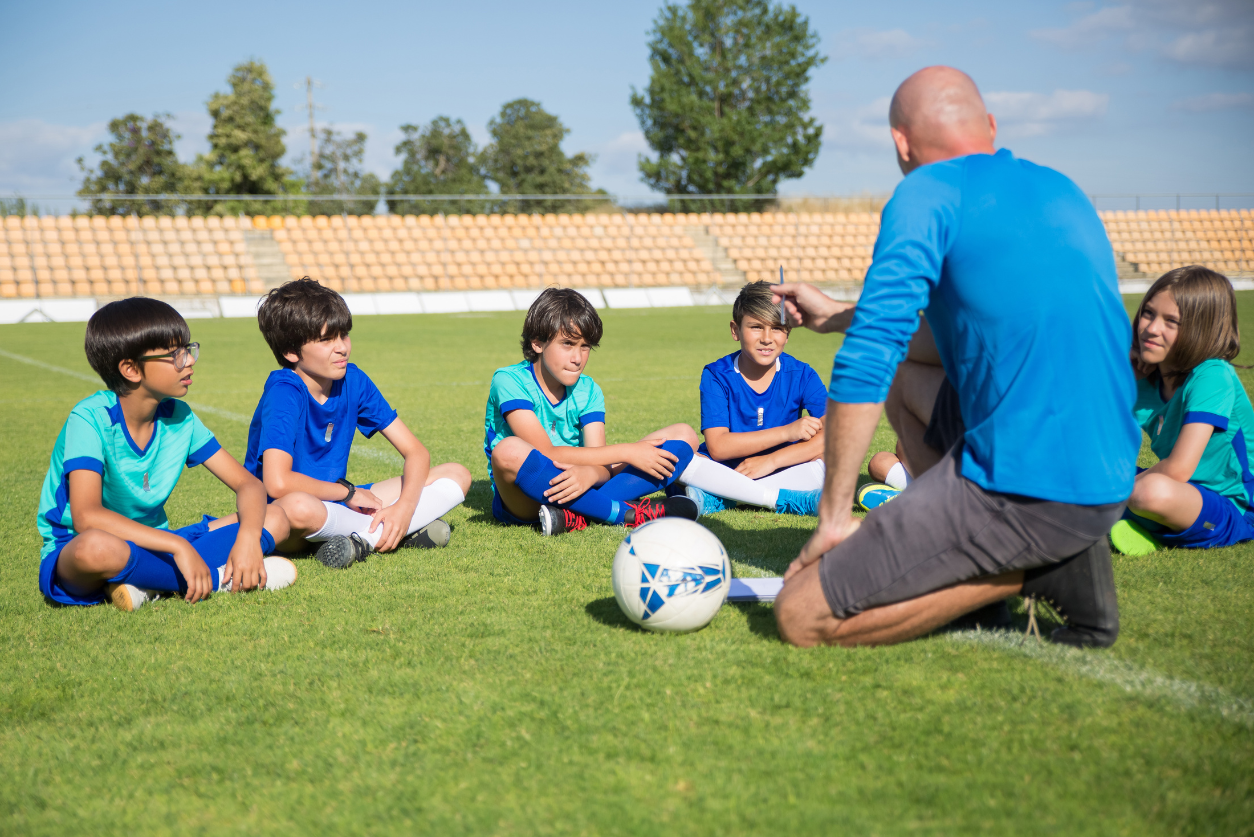In sports, physical training often gets most of the attention. Athletes run drills, lift weights, and practice for hours. But even the strongest athlete can struggle without the right mindset. That’s where sports psychology comes in.
At Launch Sports Performance, we help athletes develop both the physical and mental skills they need to succeed. In this blog, we’ll show how sports psychology techniques help improve focus, reduce stress, and increase confidence on and off the field.
What Is Sports Psychology?
Sports psychology is the study of how an athlete’s mind affects performance. It looks at mental and emotional factors like focus, confidence, motivation, and how well you handle pressure.
Athletes work with sports psychologists or mental performance coaches to:
- Build mental strength
- Stay focused during competition
- Overcome fear or anxiety
- Develop consistent habits
- Improve teamwork and communication
Sports psychology is used by athletes in all sports—from youth leagues to professionals—to unlock their full potential.
Why Focus Is So Important in Sports
Focus is your ability to stay locked in on what matters most. Whether you’re on the mound, at the free throw line, or getting ready to serve, your attention affects your performance.
When you’re focused, you:
- React faster
- Make smarter decisions
- Block out distractions
- Stay calm under pressure
- Play with more confidence
Without focus, even the best athletes can make mistakes or miss opportunities. That’s why sports psychology works to train your focus just like you train your body.
Common Distractions Athletes Face
Athletes of all ages deal with distractions, both internal and external. Some common ones include:
- Negative thoughts (“Don’t mess up.” “You’re not good enough.”)
- Worrying about mistakes from earlier in the game
- Fear of losing or letting others down
- Crowd noise or pressure from parents, coaches, or teammates
- Overthinking or focusing on the wrong thing at the wrong time
Sports psychology helps athletes quiet the noise and return to the present moment—where peak performance happens.
Techniques to Build Focus and Mental Strength
Here are some proven sports psychology techniques used at Launch Sports Performance that help athletes train their minds and improve focus:
1. Goal Setting
Set clear, realistic goals for practice and performance. Break big goals into smaller steps so you can track progress and stay motivated.
Example:
Instead of saying “I want to be the best,” set a goal like “I want to improve my sprint time by 0.2 seconds this month.”
2. Visualization
Also known as “mental imagery,” this technique involves closing your eyes and picturing yourself performing successfully.
Why it works:
Visualization strengthens neural pathways and boosts confidence by helping your brain practice before it happens.
Tip:
Visualize in detail—what you see, hear, and feel. Imagine nailing the perfect pitch, shot, or swing.
3. Mindful Breathing
Breathing deeply and mindfully calms your nervous system and brings your focus back to the present.
When to use it:
Before games, during timeouts, or after a mistake. Just 3–5 deep breaths can lower your heart rate and improve concentration.
4. Self-Talk
What you say to yourself matters. Positive self-talk builds confidence, while negative thoughts can hold you back.
Example of positive self-talk:
- “I’m ready for this.”
- “One play at a time.”
- “I’ve trained hard. I can do this.”
Practice:
Write down a few confidence-boosting phrases you can say before and during competition.
5. Focus Cues
These are simple words or actions that remind you what to focus on in the moment.
Example:
A tennis player might repeat “follow through” before each serve. A runner may tap their watch or say “strong start” at the starting line.
Cues bring your mind back to the task and prevent mental drift.
How These Techniques Help Real Athletes
Athletes who train their minds often see big improvements not just in performance—but also in how they enjoy their sport.
Here’s what focused athletes tend to experience:
- More consistent game-day performance
- Better recovery after mistakes
- Less anxiety and more confidence
- Sharper decision-making under pressure
- A greater love for the game
At Launch Sports Performance, we’ve seen athletes break through mental blocks, boost their self-belief, and reach new personal bests using sports psychology.
Mental Training Is for Everyone
You don’t need to be a professional to benefit from sports psychology. Mental training is useful for:
- Youth athletes learning new skills
- High school athletes aiming for scholarships
- College players trying to stay sharp
- Adults returning to competition or fitness goals
Just like physical workouts, mental training takes time and effort. But the payoff is worth it—on the field and beyond.
Final Thoughts: Train Like a Champion
If you want to be your best, you can’t ignore the mental game. Focus, confidence, and emotional control are just as important as physical ability.
With sports psychology techniques and support from the team at Launch Sports Performance, you’ll be ready to take on any challenge—on and off the field.

